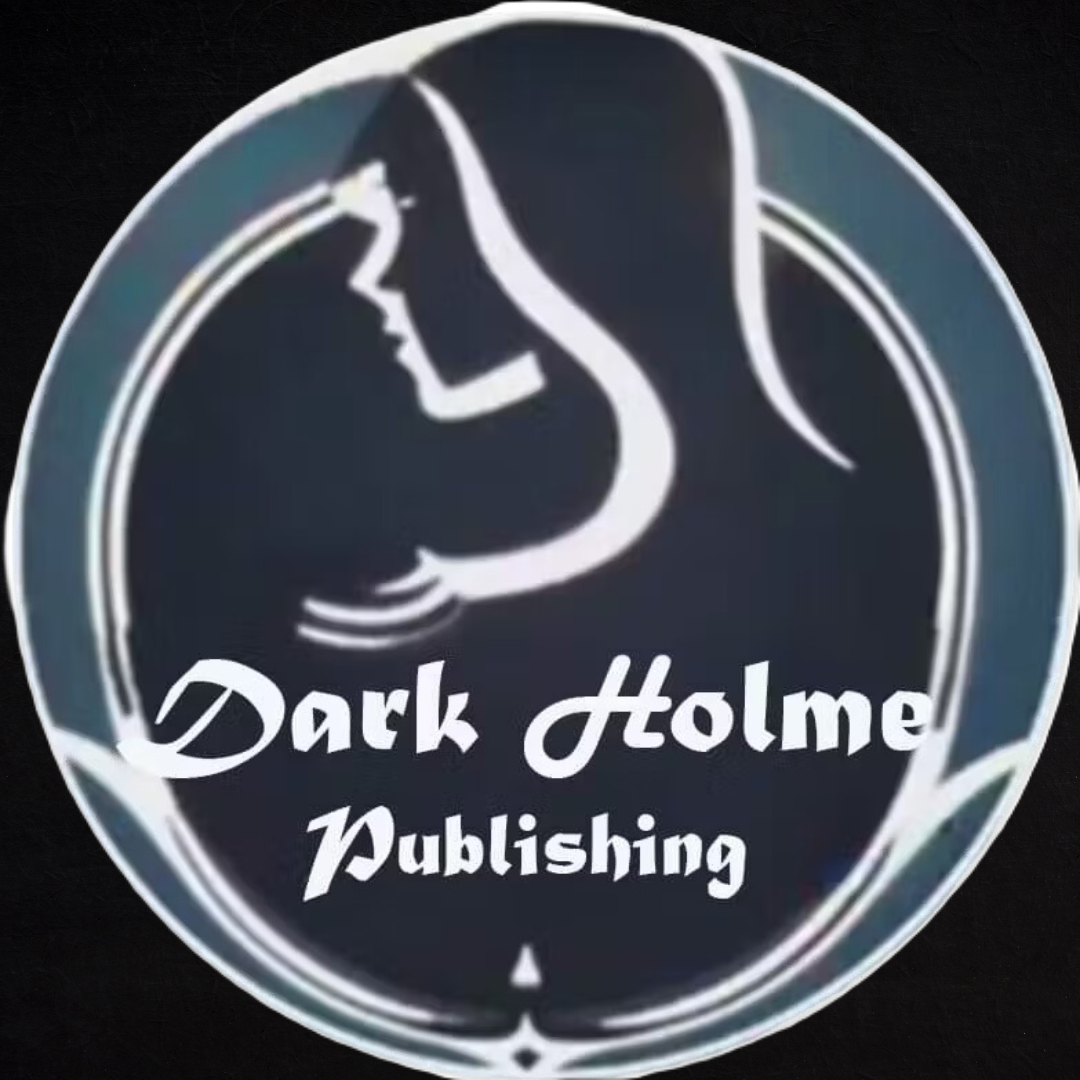Welcome to this week’s workshop, Dark Descent subscribers!
Horror has long drawn upon the idea of inevitability—the chilling realization that something terrible is destined to happen, no matter how hard we fight it. Today, we’re diving into an underexplored yet potent element of horror writing: crafting prophecies and omens. Whether they take the form of cryptic whispers, ancient curses, or eerie signs that foretell doom, these elements can elevate your story's atmosphere and inject it with dread.
Let’s explore how to master the art of fearful foresight.
Why Use Prophecies and Omens in Horror?
Building Tension: A forewarning sets expectations, making readers anxiously anticipate the unfolding events.
Enhancing Atmosphere: Cryptic messages or signs can create an aura of mystery and dread.
Driving Plot: Prophecies can guide characters’ decisions—or force them into terrifying confrontations.
Exploring Fatalism: Horror thrives on the question: Can we escape our fate?
Creating Effective Prophecies
A good prophecy doesn’t just predict—it haunts. Here’s how to make yours unforgettable:
Be Vague but Potent:
Avoid specifics; instead, hint at doom with evocative imagery.
Example: Instead of “You’ll die by drowning,” try “The waters will rise to claim you, and no air shall reach your lungs.”
Embed Layers of Meaning:
Let the prophecy mean one thing initially, but reveal a darker truth later.
Twist Example: A prophecy about “shadows taking a child” could mean a literal monster—or the child succumbing to their own dark impulses.
Give It a Voice:
Who or what delivers the prophecy matters. Is it an unreliable madman? A cursed tome? A ghostly apparition? The delivery shapes how readers perceive it.
Writing Omens That Disturb
Unlike prophecies, omens are subtler—natural or supernatural events that foreshadow disaster. Here’s how to make them spine-chilling:
Play with the Mundane:
Everyday occurrences (e.g., a crow perched too long, a clock stopping) can be imbued with unnatural significance.
Anchor in Folklore:
Draw from cultural or local superstitions for added authenticity. For example, in some folklore, finding a single shoe on the road is a bad omen—perfect for a horror twist.
Slowly Escalate:
Start with small, unsettling signs that snowball into undeniable warnings of terror.
Interactive Writing Prompts
Try your hand at the following:
Write a Prophecy: Create a cryptic, foreboding prophecy for a character unaware of its significance.
Describe an Omen: Craft a scene where your protagonist witnesses a seemingly innocuous event that grows increasingly sinister.
Twist the Fate: Write a scenario where a prophecy or omen is misinterpreted, only for its true meaning to be revealed in the climax.
Discussion Questions
What makes a prophecy or omen stick with you as a reader?
Can prophecies make horror predictable, or do they heighten suspense by teasing the how?
Share examples from literature, film, or folklore that you find especially terrifying or effective.
Let's conjure some doom together. Share your thoughts and drafts below, and remember: in horror, even the smallest sign can herald unspeakable terrors. 🌒
#HorrorWorkshop #PropheciesAndOmens #DarkWritingCraft #ForbiddenForum


1.png)